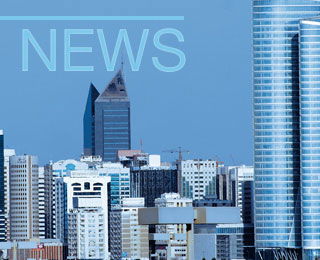Maple Leaf Cement Factory Ltd (MLCFL), subsidiary of Kohinoor Textile Mills, said it has achieved the highest sales of PKR62bn (US$211.7m) and the highest ever operating profit of PKR12bn in FY22-23. Further, the company installed new Line 4 during the last financial year, having a capacity of 7000tpd in Iskanderabad, Mianwali district, Pakistan, according to the detailed annual report of the cement factory, released on 21 September.
Sales and exports
The sales volume of 4.73Mt depicts a decrease of 10.3 per cent over 4.761Mt sold during last year. The domestic sales volume declined to 4.143Mt, registering a decrease of 10.9 per cent, but export sales volume went up from 110,311t to 129,992t, an increase of 17.8 per cent from last financial year. The company officials believed that despite this increase in export sales compared to the previous year, exports have stayed the same since the US exit from Afghanistan. Cement exports to the rest of the world were impossible due to high production costs in Pakistan compared to global markets and increased shipping costs, hampered competitiveness in regional markets.
Meanwhile, Topline Pakistan Research believed that Maple Leaf Cement would reap the benefits of improved local demand outlook, timely expansion, efficient power and energy mix, strong pricing power despite low utilisation, and deleveraging.
Timely expansion to get higher market share: MLCF was one of the cement companies that embarked upon this. It added that with the addition of a new production line, MLCF is the fourth largest player in the north region.
Outlook
In the future cement demand in the domestic market may further decline. The cement sector is facing a precarious situation with multiple risks, including the devaluation of the Pakistani rupee against the US dollar, high inflation, which also affects the purchasing power of the public, as well as political uncertainty, an increase in interest rates and aggressive taxation measures, which are all affecting the sector's profitability. These factors have a severe impact on cement manufacturer’s margins.
Import restrictions due to a lack of foreign exchange reserves, excessive sea freight due to high oil costs, the depreciation of the Pakistani rupee versus the US dollar, unfavourable macroeconomic indicators and global recession in international markets could pressure cement input costs.
Given Pakistan’s economic situation, import restrictions are unlikely to lift shortly. As a result, the company has expanded its reliance on local coal to limit this impact and reduce the risk of currency depreciation.
